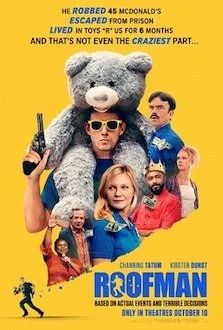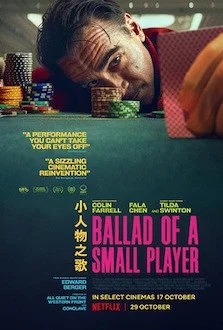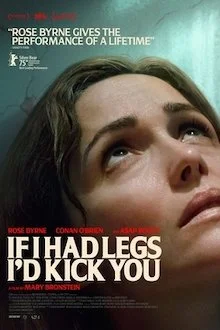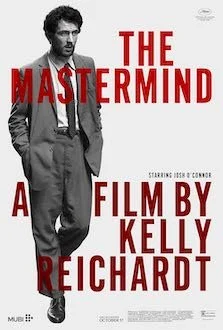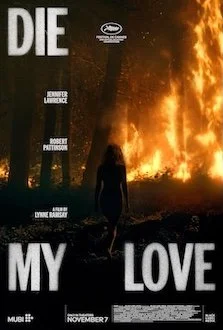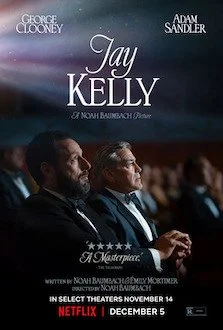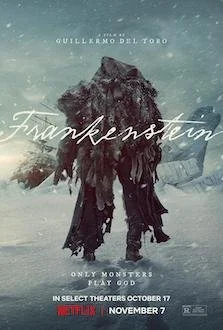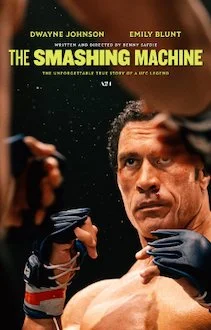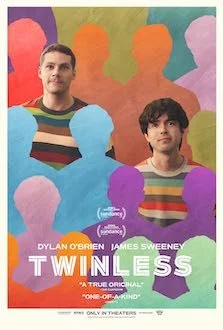Direction: Derek Cianfrance
Country: USA
Roofman tells the true story of Jeffrey Manchester (Channing Tatum), an Army veteran and romantic crook who robbed more than 40 McDonald’s restaurants with the primary intention of providing for his three children. Nicknamed Roofman for his preferred method of entry—drilling through restaurant roofs—Manchester is portrayed as polite and charming, a figure who intrigues more than he repels. While on the run, he lived hidden inside a Toys “R” Us store for six months, during which he fell for Leigh (Kirsten Dunst), a sympathetic employee and single mother.
The film marks the sixth feature by Derek Cianfrance (Blue Valentine, 2010; The Place Beyond the Pines, 2012; The Sound of Metal, 2020), who co-wrote the screenplay with Kirt Gunn. It unfolds with a deliberately goofy posture, shaped as a crowd-pleasing parody. Some scenes linger too long, creating a sense of stagnation, while others are lightly amusing and charmingly clumsy in an offbeat way. Although the crime narrative feels somewhat tired and shallow at its core, Roofman manages to land a handful of mildly funny moments driven by a basic dramatic instinct.
Tatum proves to be a solid casting choice, skillfully balancing Manchester’s gentle intentions with his criminal behavior, always teetering on a razor’s edge. The romantic subplot carries a bittersweet tone, though the stakes never feel particularly high, leaving the overall experience short on memorability.
Even as the narrative settles into a familiar rhythm, Cianfrance’s approach retains a certain artfulness. He and Tatum deliver an acceptable, if not especially original, piece of work.

